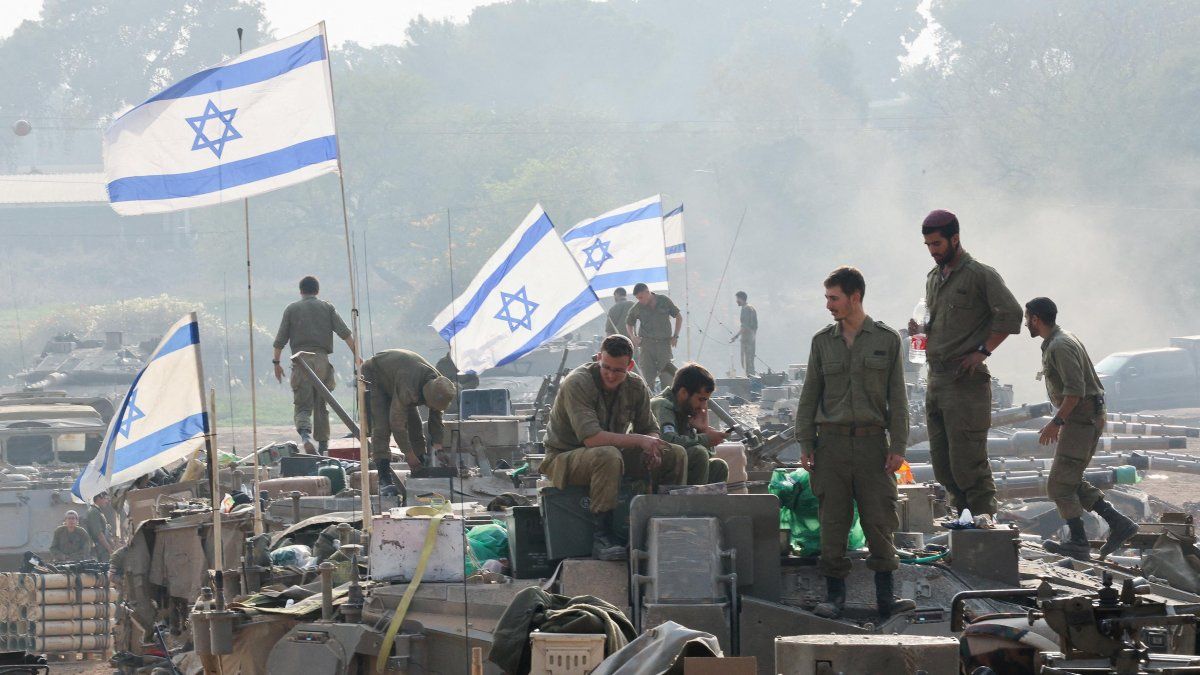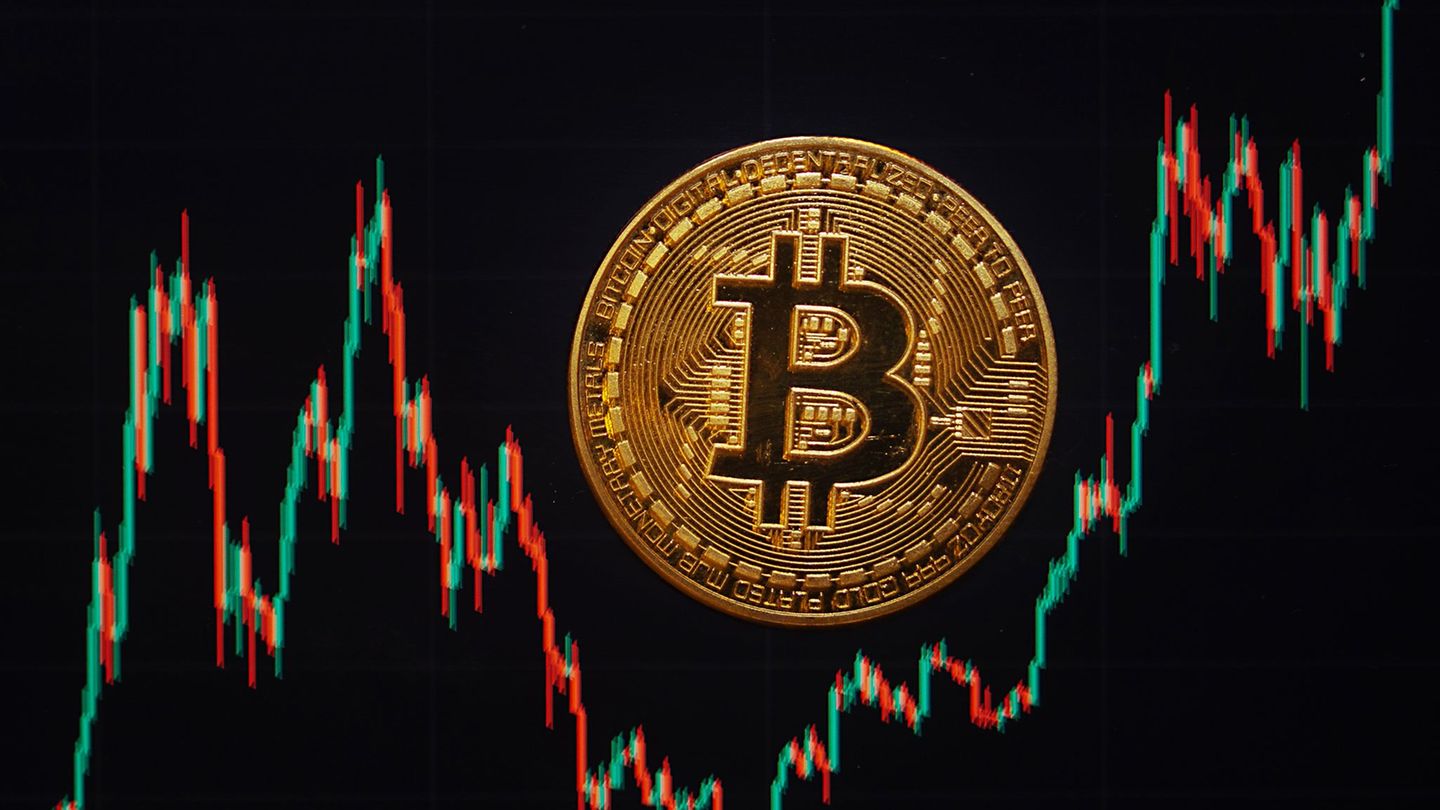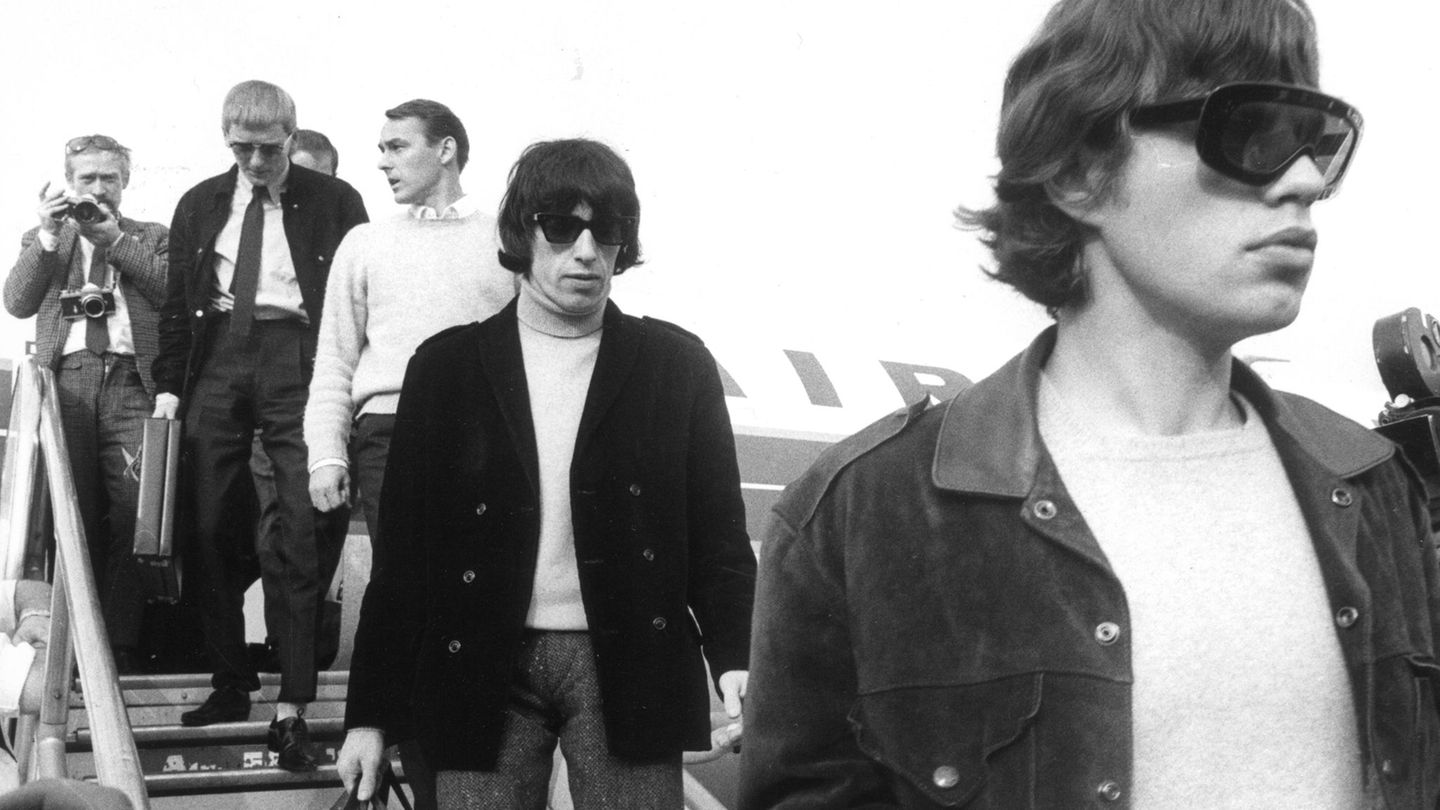The international Court of Justice (ICJ), based in The Hague, urged Israel to prevent any possible acts of genocide during the offensive that its army is currently waging in the Gaza Strip against Hamas, but avoided formally calling for a ceasefire.
The ruling that Israel must abide by for humanitarian aid to enter
According to the court rulingread this Friday in The Hague, Israel You must take “immediate and effective measures to allow the supply of basic services and humanitarian aid that the Palestinians urgently need to face the unfavorable living conditions they face” due to the Israeli military campaign, launched after the Hamas attack on October 7 in the south of the Hebrew State.
INTER – ISRAEL-PALESTI_opt.jpeg
Strain. Intense clashes are taking place in urban areas of Gaza between Israeli forces and members of the terrorist group, in an escalation of attacks since the war broke out in October.
For now, The Court did not rule on the underlying question of knowing whether Israeli operations in Gaza fall under the legal concept of genocide, a debate that can take years. But he urged Israel to do everything it can to “prevent the commission of all acts within the scope” of the convention for the prevention of genocide, signed in 1948, after the Holocaust.
It also ruled that Israel must “prevent and punish” any incitement to genocide.
Israel’s conflict against Hamas
Hamas, who governs the Gaza Strip, considered that the opinion constitutes an “important advance “which contributes to isolating Israel and exposing its crimes in Gaza,” according to a statement. And the Palestinian Authority saw the ruling as a manifestation that “no state is above the law.”
For his part, Israeli Prime Minister Benjamin Netanyahu He noted that “the charge of genocide brought against Israel is not only false, it is scandalous.”
Quotations from statements by Israeli officials
Before reading the provisions, the president of the court, Joan Donoghuecited statements by Israeli officials such as Yoav Gallant, Minister of Defense, who ordered a “complete siege” of the Gaza Strip on October 9 and said then that his forces were “fighting animals.”
The emergency appeal presented by South Africa
The teacourt issued this opinion within the framework of emergency resource presented in December by South Africa before the ICJ, arguing that Israel violated said UN convention.
During the two days of hearings held this month in the golden room of the Peace Palace in The Hague, where the ICJ is based,lawyers from both sides debated on the interpretation of that convention.
South Africa’s accusation of Israel
South Africa accused Israel of “acts of genocide against the Palestinian people in Gaza” and urged the court to order “immediately suspending military operations” in the Gaza Strip and allowing civilians access to humanitarian aid.
Shortly after the ruling was handed down, the south african government praised, in a statement, a “decisive victory for the international rule of law and an important step in the search for justice for the Palestinian people.
The beginning of the war between Israel and Hamas until today
The war broke out on October 7 with the incursion of Islamist commandos that killed some 1,140 people, mostly civilians, and kidnapped nearly 250 in southern Israel, according to a report by the AFP based on official Israeli data.
The retaliatory actions, with incessant bombing and ground actions in Gazaleft until now at least 26,083 deadmostly women, children and adolescents, according to the territory’s Ministry of Health.
The hostage situation in Gaza
In comments made outside the opinion, the president of the court stated this Friday that the court is “very concerned” about lthe hostage situation in Gaza yrHe called for his “immediate and unconditional release.”
The question now is whether Israel will or will not abide by the court’s ruling.
What does the international Court of Justice
The ICJwhich deals with disputes between countries, issues binding and unappealable rulings, but it lacks the means to guarantee its application, as when it ordered Russia to stop its operations in Ukraine in vain.
“It is conceivable that a court order would not have any significant impact on the Israeli military operation,” said Cecily Rose, a professor of international law at Leiden University in the Netherlands.
The 1January 4, Netanyahu expressed his firmness in maintaining the offensive. “No one will stop us, not The Hague, not the axis of evil,” he declared.
What experts believe will happen due to this ruling for Israel
In any case, experts believe that, regardless of the symbolic impact that the ruling may have, probably there will be tangible consequences on the ground.
According to Juliette McIntyre, expert in international law at the University of South Australia, if the ICJ, as a neutral third party, determine the existence of a risk of genocide in Gaza“it will be much more difficult for a country to continue supporting Israel.”
The countries that supported the ruling against Israel
The countries that most supported the case before the ICJ were those with a Muslim majority, among them Iran, Turkey, Jordan, Pakistan, Bangladesh, Malaysia and the Maldives.
In Latin America, countries governed by the left like Brazil, Colombia, Bolivia and Venezuela supported South Africa’s initiative ICJ v Israel. The president of Colombia, Gustavo Petro, equated the court’s ruling on Network
The Turkish president, Recep Tayyip Erdogan, and the head of the Spanish government, Pedro Sánchez, also congratulated themselves on the ruling.
Source: Ambito




